Imagine a world where the Earth is restored to its natural state, free from harmful toxins. This would benefit both our environment and our health. One promising solution is the use of hemp, a plant capable of cleaning the soil through a process called phytoremediation.
This article will explore how hemp helps clean the soil and why it is becoming a key part of environmental restoration.

Key Points:
- Hemp, a sustainable plant, can be used to clean contaminated soil.
- Phytoremediation is a natural process that uses plants, like hemp, to remove toxins from soil.
- Hemp effectively absorbs and removes pollutants, making it useful for cleaning the environment.
- Real-world examples show that hemp-based projects have successfully cleaned polluted soils.
- Using hemp in environmental efforts can help create a cleaner, healthier planet.
The Urgent Problem of Soil ContaminationSoil contamination is a widespread problem affecting both ecosystems and human health. It occurs when pollutants like heavy metals, chemicals, and pesticides enter the soil. These pollutants come from industrial activities, improper waste disposal, and farming practices that damage the environment.
Types of Soil Contaminants:
- Heavy metals (e.g., lead, cadmium, mercury) come from industrial processes, mining, and certain fertilizers.
- Organic pollutants (e.g., PAHs, PCBs) are produced during industrial and energy production.
- Pesticides and herbicides from agriculture can remain in the soil and pollute water.
- Industrial waste and chemicals can pollute the soil when not disposed of properly.
Effects on Environment and Health: Soil contamination harms wildlife and pollutes water sources. It can also cause crops to absorb harmful substances, posing risks to human health, such as cancer, organ damage, and neurological problems.
Traditional Methods of Soil Remediation
Traditional methods like excavation, incineration, chemical treatments, and biological processes have been used to clean soil, but each has its challenges. These methods can be expensive, disrupt the environment, and involve harmful chemicals.
Limitations of Traditional Methods:
- Excavation: Removes contaminated soil but is costly and disrupts ecosystems.
- Incineration: Burns pollutants but releases harmful emissions.
- Chemical treatments: Can reduce toxins but harm the soil's natural ecosystem.
Urgent Need for Sustainable Solutions: The Limitations of Traditional Methods
Phytoremediation: A Green Solution
Phytoremediation is a process where plants, like hemp, clean soil by absorbing toxins. This method is environmentally friendly and less expensive than traditional approaches.
Benefits of Phytoremediation:
- Lower cost than traditional methods.
- Restores soil without the need for excavation.
- Supports natural recovery and improves soil health.
- Causes minimal disruption to the environment.
Hemp: A Potent Phytoremediation AgentHemp is particularly good at cleaning soil because it grows quickly, has deep roots, and absorbs many toxins, including heavy metals and radioactive materials.
How Hemp Works:
- Hyperaccumulation: Hemp absorbs toxins like lead and cadmium better than most plants.
- Phytoextraction: Hemp moves contaminants from the soil to its leaves and stems, helping to remove pollutants.

Real-World Success Stories
Several projects have demonstrated hemp's ability to clean polluted areas. In the U.K., hemp successfully removed heavy metals from an industrial site. In Ukraine's Chernobyl Exclusion Zone, hemp helped absorb radioactive elements from the soil. In the U.S., hemp has been used to clean urban sites polluted with chemicals.
These examples show hemp's effectiveness in cleaning different types of soil pollution.
Challenges of Hemp Phytoremediation
While hemp is an effective tool, several factors influence its success, such as the type of pollutant, soil conditions, and environmental factors like temperature and moisture. Another challenge is safely disposing of the contaminated plant material after cleanup.
Integrating Hemp into Sustainable Practices
Using hemp for phytoremediation can be part of broader environmental strategies. The plants harvested from polluted areas can be repurposed into biobased products, supporting a circular economy and reducing waste.
Future Research and Prospects
The future of hemp-based soil cleaning looks promising. Current research focuses on improving hemp's efficiency through genetic engineering and combining it with other cleanup methods. As governments create supportive policies, hemp-based remediation could become a widely accepted solution for cleaning contaminated soil.
Hemp shows great potential in cleaning toxic chemicals from the soil. As more research and real-world projects demonstrate its effectiveness, hemp could be vital in creating a cleaner, healthier environment. By embracing hemp as a natural solution, we can help restore ecosystems and protect human health for future generations.
Frequently Asked Questions
1. What is phytoremediation and how can it be used to clean up toxic chemicals in the soil?
Ans:
Phytoremediation uses plants, like hemp, to clean up soil. Hemp is great at pulling out harmful stuff from the ground. It can get rid of heavy metals, organic pollutants, and even radioactive stuff.
2. What are the benefits of using hemp for soil remediation?
Ans:
Using hemp to clean soil is better than the old ways. It's cheaper and doesn't hurt the environment. Hemp grows fast and has strong roots, making it perfect for big clean-ups.
It also makes the soil better and helps nature heal.
3. How do hemp's hyperaccumulation and phytoextraction capabilities contribute to its effectiveness in cleaning up toxic chemicals?
Ans:
Hemp is good at pulling out bad stuff from the soil. It can hold a lot of toxic stuff in its body. Then, it moves this bad stuff up into its leaves and stems, taking it away from the soil.
4. Can you provide examples of successful hemp-based soil remediation projects?
Ans:
Yes, there are many examples of hemp cleaning up polluted soil. It has worked in different places to get rid of heavy metals and other pollutants. These examples show hemp is a good, cheap way to clean up the environment.
5.What are some of the challenges and limitations associated with using hemp for phytoremediation?
Ans:
While hemp is very good at cleaning up soil, there are some problems. Things like what kind of pollution, the soil type, and the weather can affect how well hemp works. Also, dealing with the plant material after it's cleaned up is important.
6. How can hemp phytoremediation be integrated into sustainable practices?
Ans:
To make hemp clean up soil better, we need to use it in a bigger picture. We should use the cleaned-up plant material to make new products. This way, hemp can help us be more green and use resources better.
7. What are the future prospects and research directions for hemp-based soil remediation?
Ans:
Hemp cleaning up soil is getting more attention, and there's a lot to explore. We can improve hemp's cleaning power by making it better genetically and finding new ways to use it. Also, we need laws to support using hemp to clean up the environment.

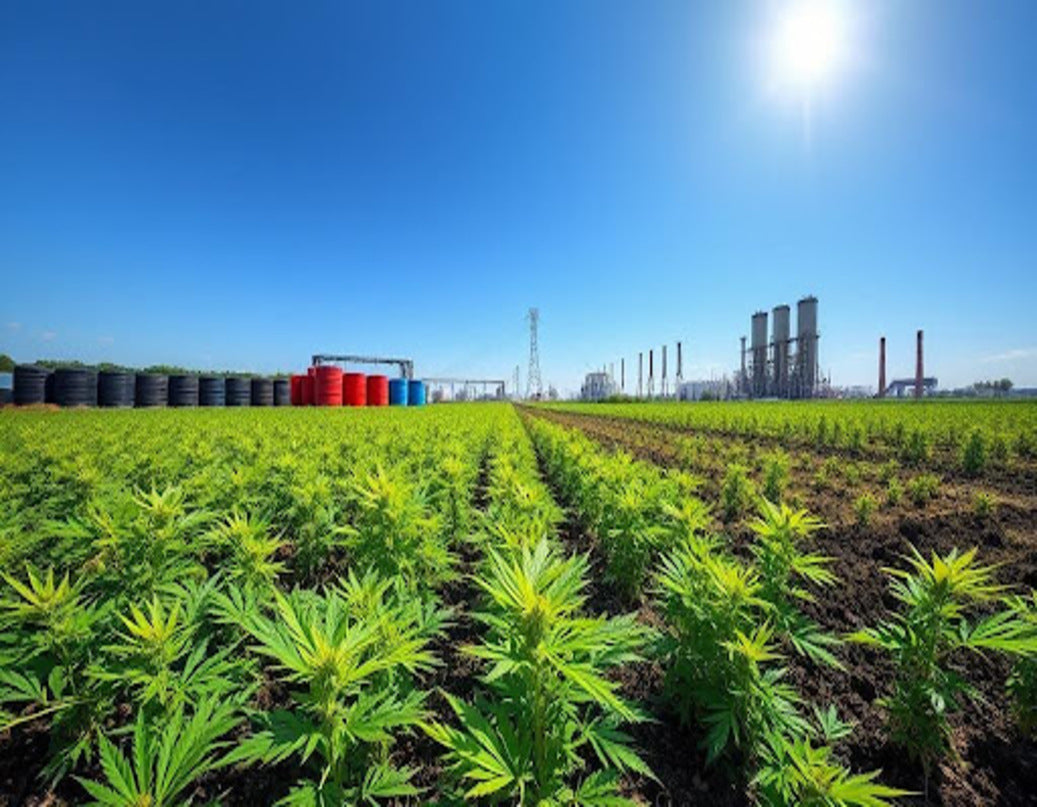
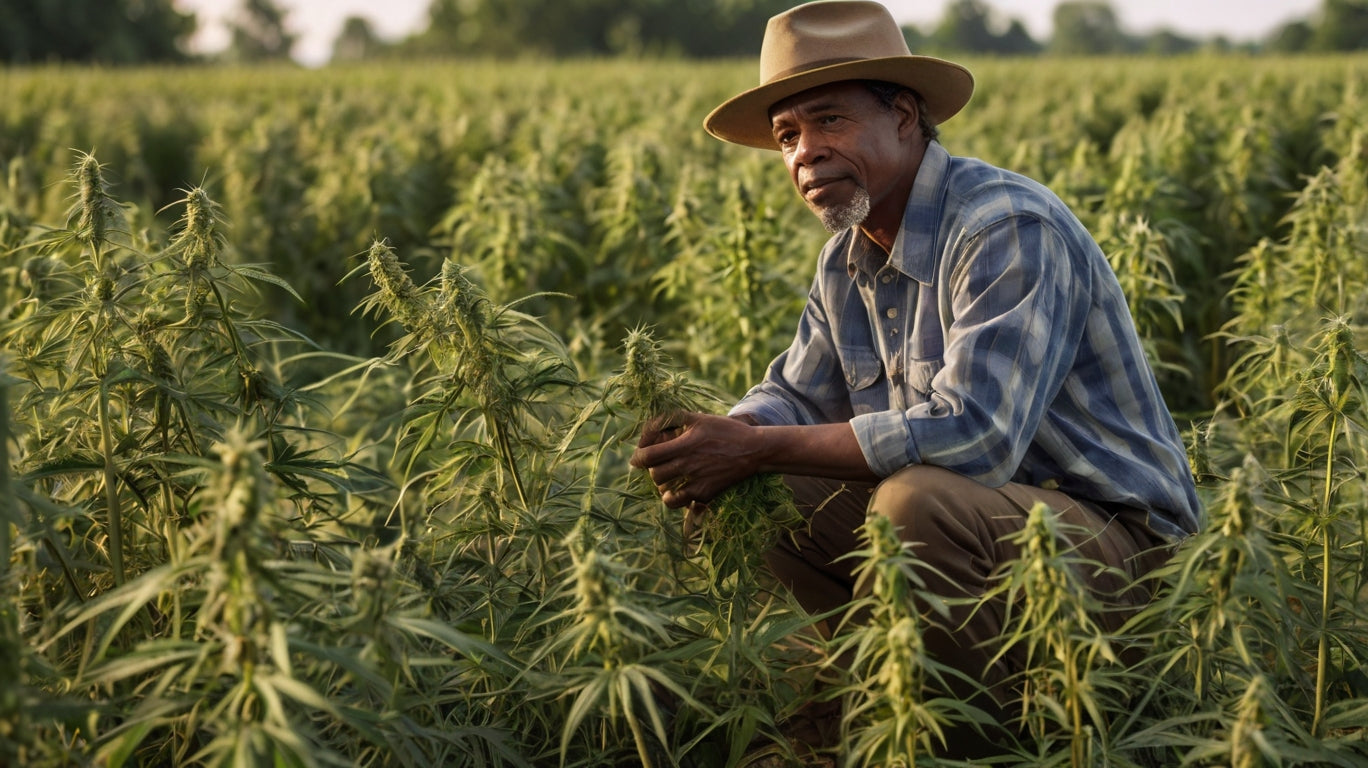
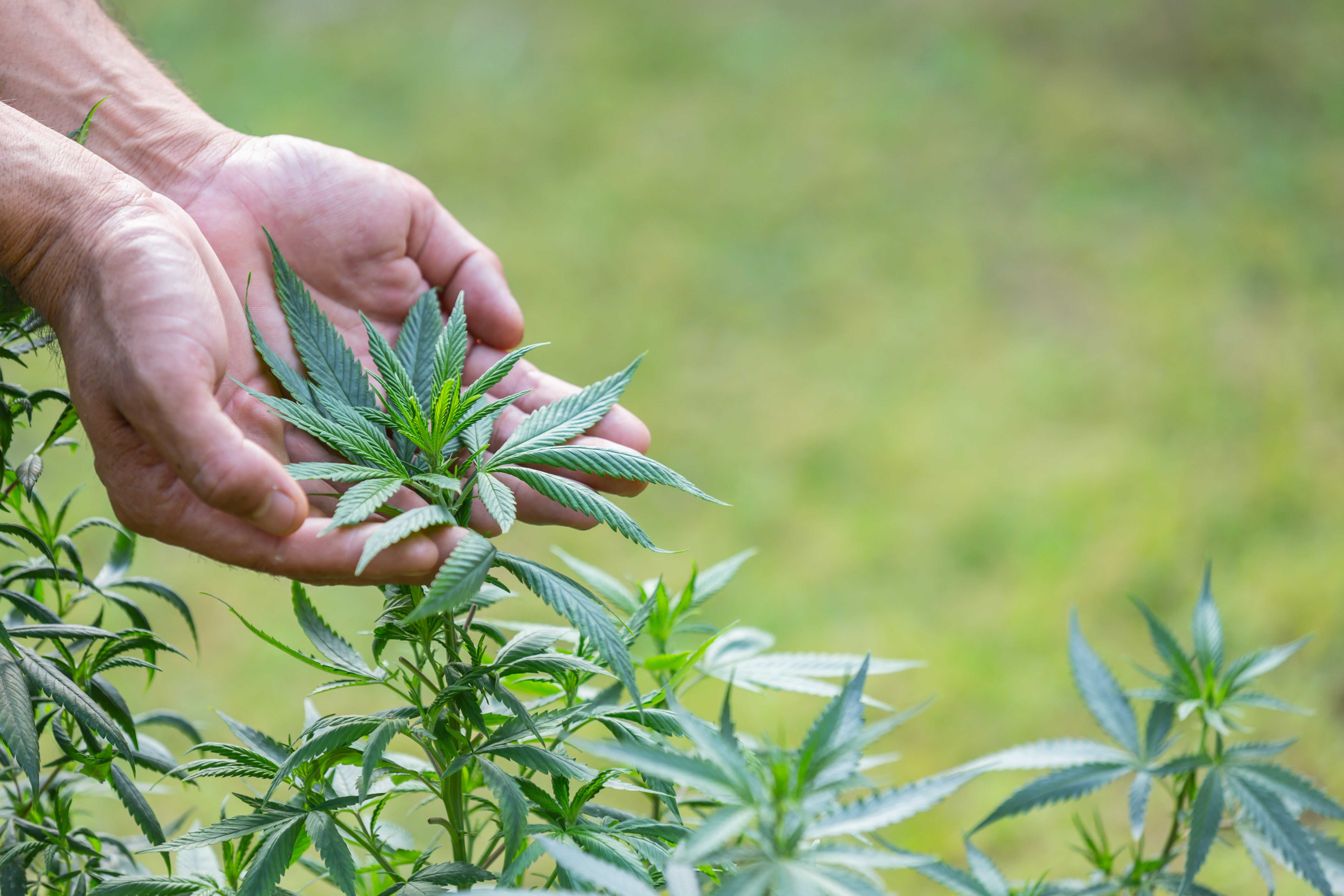
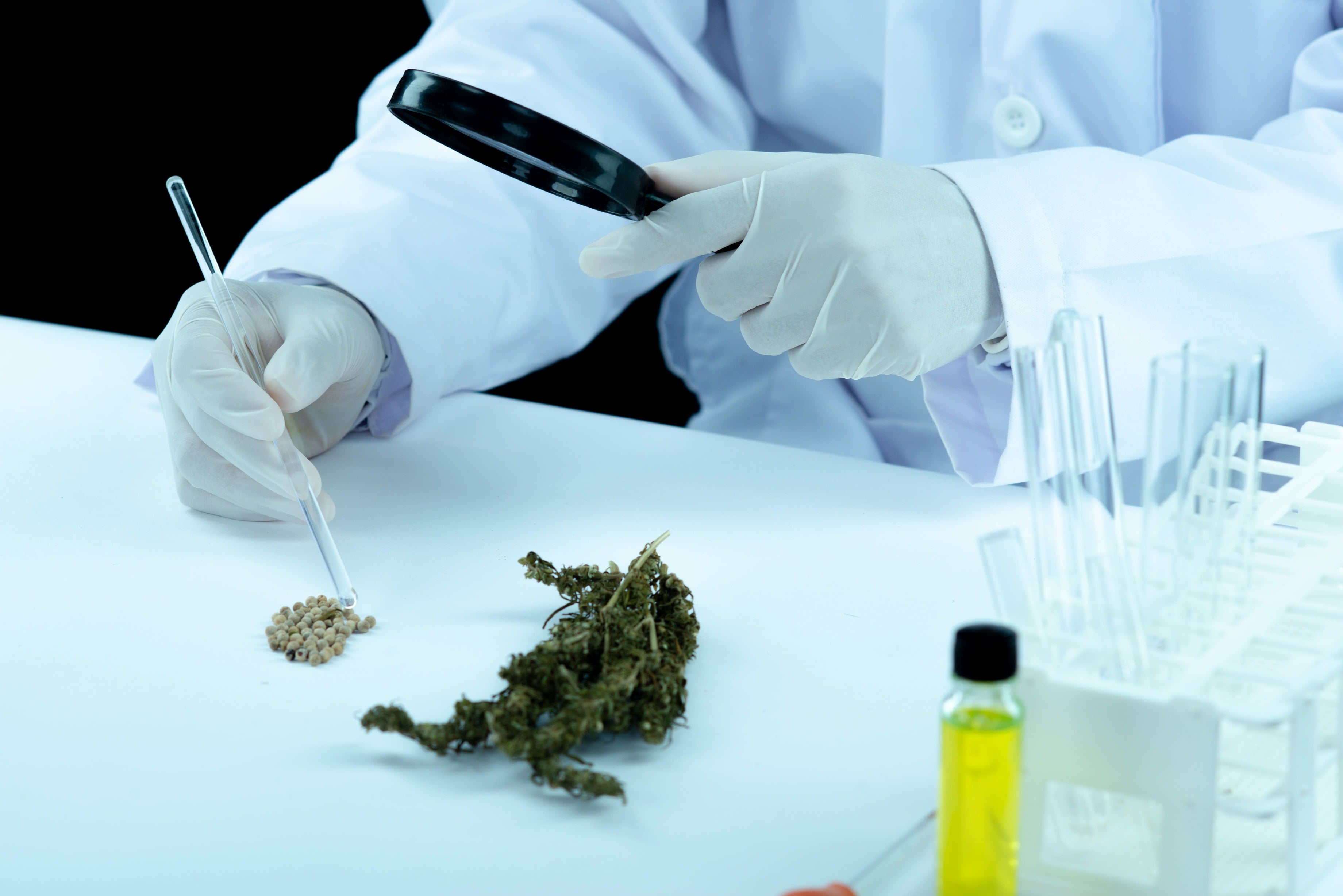
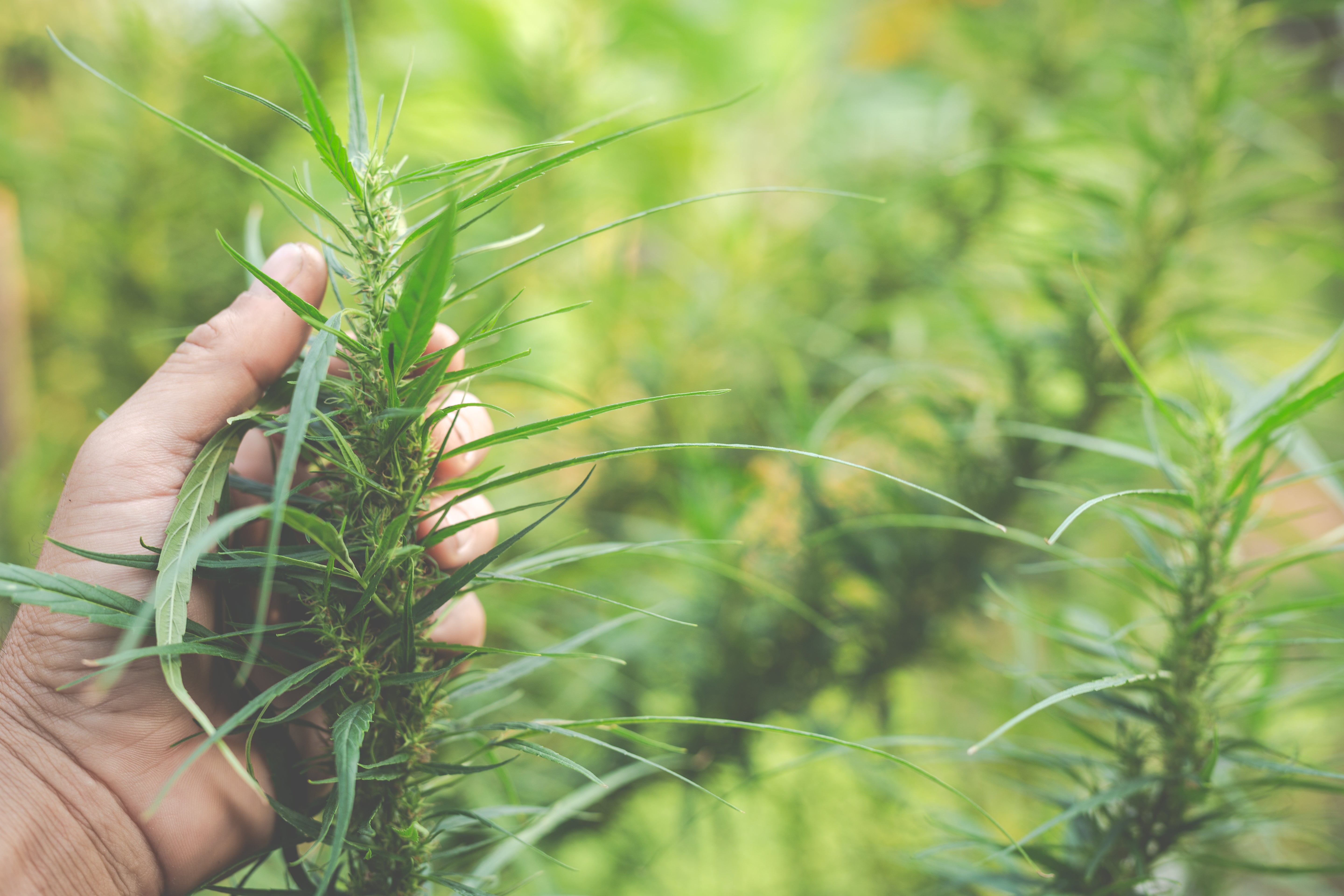
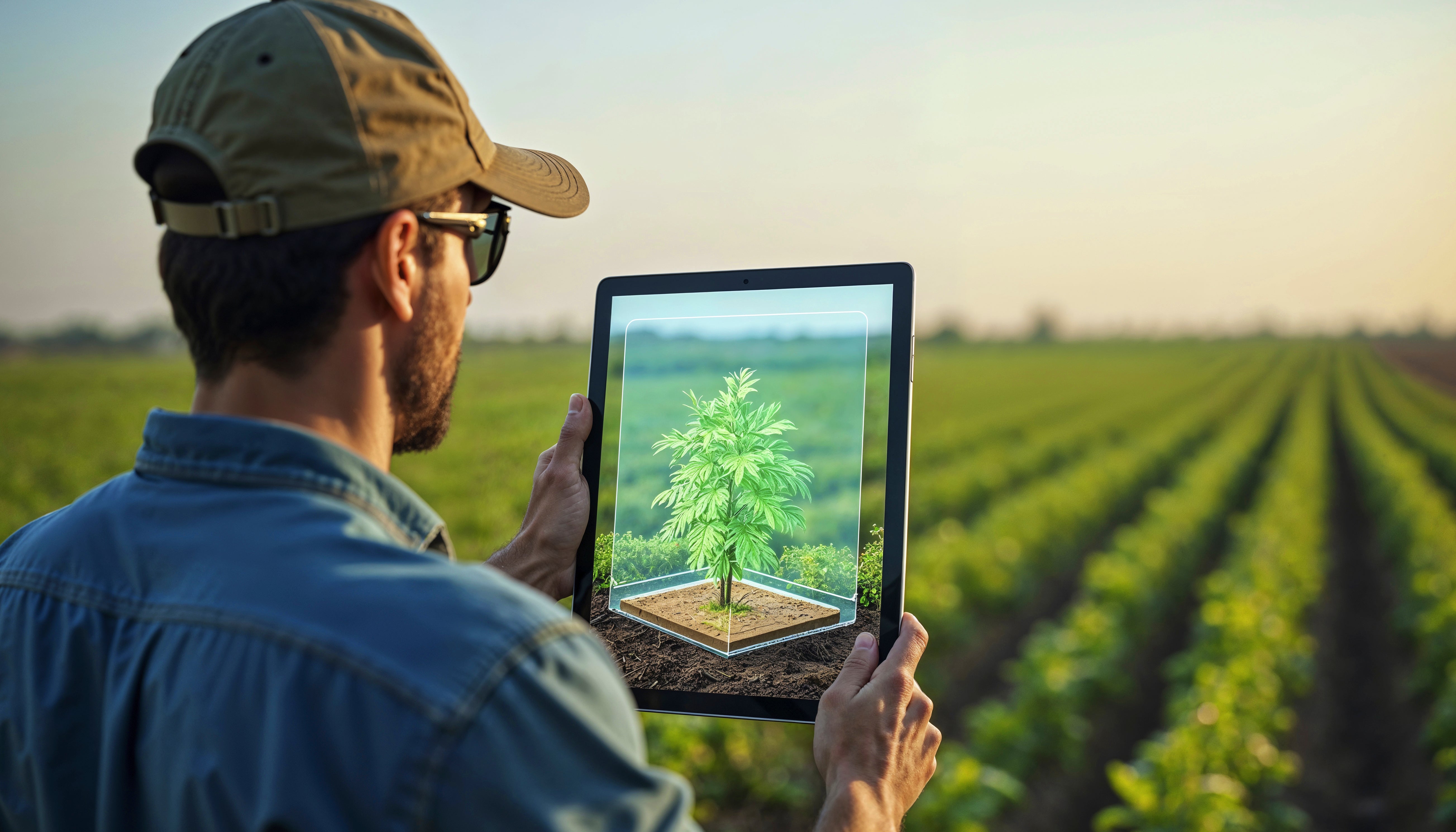
Share:
Current Hemp Market Trends in the USA
Hemp's Role in Environmental Cleanup: PFAS Absorption